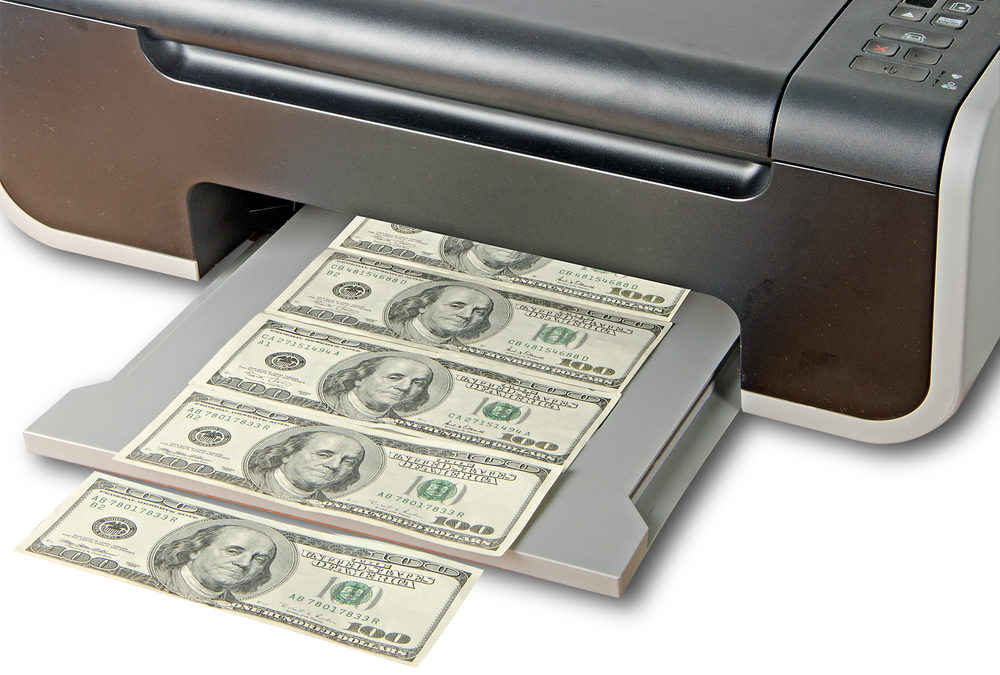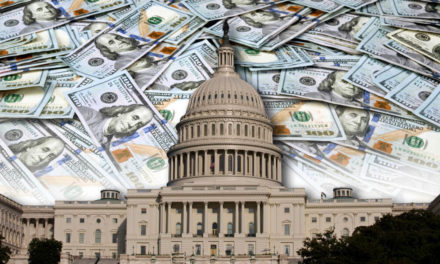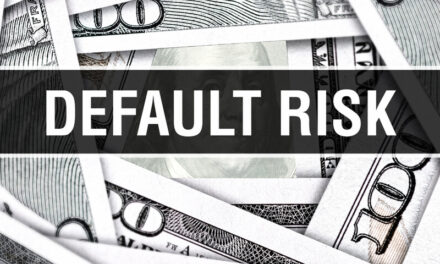POITOU, FRANCE — Today, we are packing up, closing the shutters, putting away the lawn chairs and the croquet set.
Everything needs to be stored away; otherwise, rain, wind and sun will do their damage. The wood cracks; the metal rusts; the curtains fade …
… It is nature’s way. And no matter what we do, nothing resists time.
Dirty War
In preparation for our departure, yesterday we got on our bicycles and rode around the countryside, saying goodbye to old friends.
Our first stop was a visit with a retired colonel, a man who had spent his life in the military — including engagements in the war in Algeria and peacekeeping operations in the Congo.
He is 80 years old and had cancer a couple of years ago; we didn’t expect to find him still alive. But he seems to be recovering and was cheerful and chatty.
“The Algerian conflict was a dirty war. We could have won the war militarily. But it was ruining the integrity of the army, turning it into a ruthless and unruly police force. I asked myself if I should resign. But I stuck with it and did the best I could. I don’t regret it.”
Broken Man
After a cold beer and warm conversation, we got back on our bikes and pedaled along the country road.
The next stop was to see a friend who used to work on our farm until he retired about 10 years ago.
He is in remarkably robust shape. At 79, he works in his garden every day and chops his own firewood.
But his oldest son was killed in a car crash last year — the second of his three children to die. Since then, he has seemed a bit like a broken man.
“How are you, Francois?” we asked.
“Okay,” was the answer from his mouth.
But his eyes told a different tale. He suffered.
After a few minutes and a glass of cold, freshly squeezed apple juice, we mounted up again.
A few miles farther on was the house of another retired couple.
Both are in their late ’70s. The woman is small, lively, energetic, and as friendly as ever. But her husband has multiple sclerosis. He no longer leaves the house, except to go to the hospital.
Still, his mind is alert, and he is keenly interested in China.
We took him a book from our library that we knew we would never read. It was written long ago in Chinese and now translated into French.
“In Chinese, there is no clear separation between writing and the ideas it conveys,” he explained. “Both should be true, beautiful and timeless. To the eye … and to the mind.”
“Uh … yes,” we replied.
Rare Truth
But our beat is money. And in today’s money world, truth is rare; beauty can be found only in irony and mockery.
Yesterday, for example, the president of the USA came out with this:
Our Federal Reserve cannot “mentally” keep up with the competition — other countries. At the G-7 in France, all of the other Leaders were giddy about how low their Interest Costs have gone. Germany is actually “getting paid” to borrow money — ZERO INTEREST PLUS! No Clue Fed!
The president is disturbed because the Fed is not debasing the U.S. money supply fast enough.
“Everybody else is doing it,” he seems to say. “Why aren’t we?”
Of course, “we” are. Our Fed is lending out fake money to member banks at a rate that is about even with consumer price inflation.
This “free” money does to the U.S. financial system about what a hurricane does to a South Florida swimming pool; it becomes a greasy swamp with an alligator in it.
But our guess is that other Leaders were not “giddy” about the storm, but puzzled. Why would investors take shelter in a 10-year Italian bond at less than a 1% yield?
Raving Mad
There is the smart money. And there is the dumb money. But this money must be stark, raving mad.
Italy’s economy has been in a slump for more than 10 years. Its native-born population is expected to be cut in half by the end of the century. It owes more than 130% of its GDP.
And its government bumbles from one unstable coalition to another … barely able to govern at all.
You’d have to be nuts to lend money to Italy …
… unless you thought the fix was in.
That is, buying Italian bonds — or German bonds, or French bonds … or USA bonds, for that matter — makes sense only if you are front-running central banks, counting on them to do something even nuttier than you did, buying your overpriced bonds at even higher prices.
Which is what Mr. Trump wants the Fed to do — rig up the credit market even more than it is now.
The Fed should print up more fake money, he believes, and lend it to his government at even cheaper interest rates. The idea is to get the economy running hot in time for the 2020 election.
Free Money
Our guess is that this huge bubble in debt marks a major change in world economic power.
Americans forsook their gods — honest money, smallish government, balanced budgets.
Now, those gods forsake them.
Fake money has destroyed real capital, created chaos in the markets, caused trillions in malinvestment, slowed down growth and resulted in appalling inequality.
It has also corrupted the government; the feds use it to avoid making hard — but necessary — decisions.
Fake money finances their fake wars … rewards lobbyists, campaign donors, crony contractors … and has added more than $10 trillion in additional debt in the last 10 years.
And with so much cheap credit available, not a single candidate even suggests balancing the budget or curtailing wasteful spending.
Why make tough choices when you get free money?
The Fix Is In
Germany is actually “getting paid” to borrow, Mr. Trump reminds us.
But people only get free money when the fix is in. And the fix won’t stay fixed forever.
Today’s rigged-up bond bubble will be no exception.
When will it pop? How?
We would love to meet the person who knows the answers to those questions.
In the meantime, we wait … we watch … and we try to connect the dots. And we wonder: What really matters?
Our final stop yesterday was at the modest house of a woman whose husband had recently died after a long, losing battle with Alzheimer’s disease.
We sat with her for a few minutes and reminisced. We discussed the weather, the small tomatoes in her garden and what was going on at the local church. But she had her husband on her mind.
“The last words he said were five years ago,” she explained, tears in her eyes. “He said ‘I love you.’”
Regards,
Bill
• This article was originally published by Bonner & Partners. You can learn more about Bill and Bill Bonner’s Diary right here.




